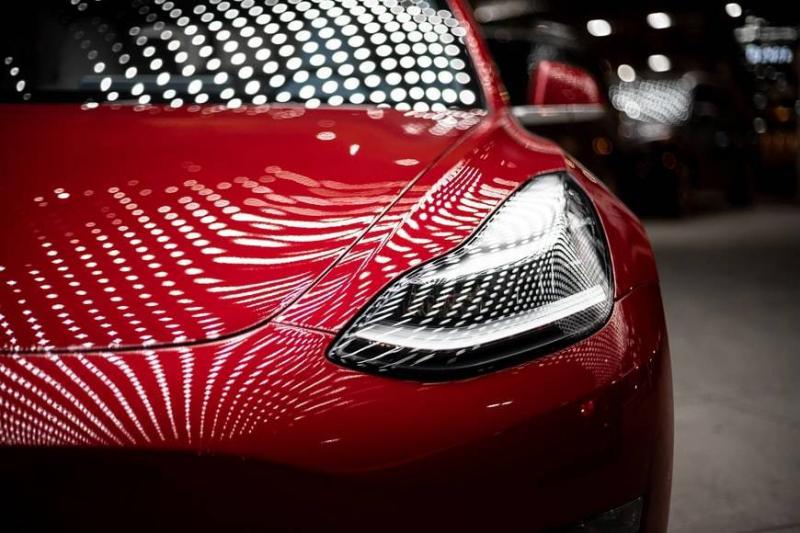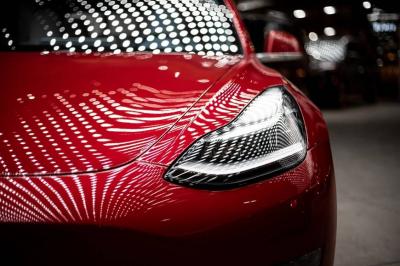Elon Musk, the CEO of Tesla, predicted that this year or next year at the latest, human drivers would be phased out, asserting that robots would be the alternative. He emphasized that the most important products for Tesla this year and next would not be cars but the software for autonomous driving. Musk stated, "I would be shocked if we don't achieve full self-driving that is safer than humans this year," anticipating that full self-driving would become "the most important source of profit for Tesla." He mentioned, "It's financially good," noting that robotic automation could increase a car's utility fivefold, as owners could send their cars to work when they are not needed.
Musk also explained that engineers are working on launching a human-like robot, named Optimus, next year, which could address the global labor shortage and, in the short term, be capable of carrying items around the factory. However, Raj Rajkumar, a professor of electrical and computer engineering at Carnegie Mellon University, stated, "Using a robot for dangerous and repetitive tasks is the completely wrong approach." Nevertheless, Musk indicated that the robot could be more important than the car, saying, "I think this could end up being more significant than the car business over time."
The bold promises from the most well-known billionaire in the electric vehicle industry face significant challenges, from technology to regulation, as Tesla and other automotive technology companies have failed to meet their self-driving program goals for years. Some Tesla drivers purchase $12,000 self-driving packages, expecting full autonomy is imminent, while 60,000 Tesla drivers are testing the latest self-driving software, a benchmark that other autonomous vehicle software companies can only dream of.
Philip Koopman, a professor at Carnegie Mellon University who has been working on the safety of autonomous vehicles, pointed out that a significant issue is that unusual situations can continuously arise. He said, "Without a human driver handling safety in new situations, it would be difficult," noting that "it's very hard to ensure safety in a completely automated vehicle." Just a year ago, Musk had assured during a conference call that he was "very confident that the car would be able to drive itself better than a human this year."




